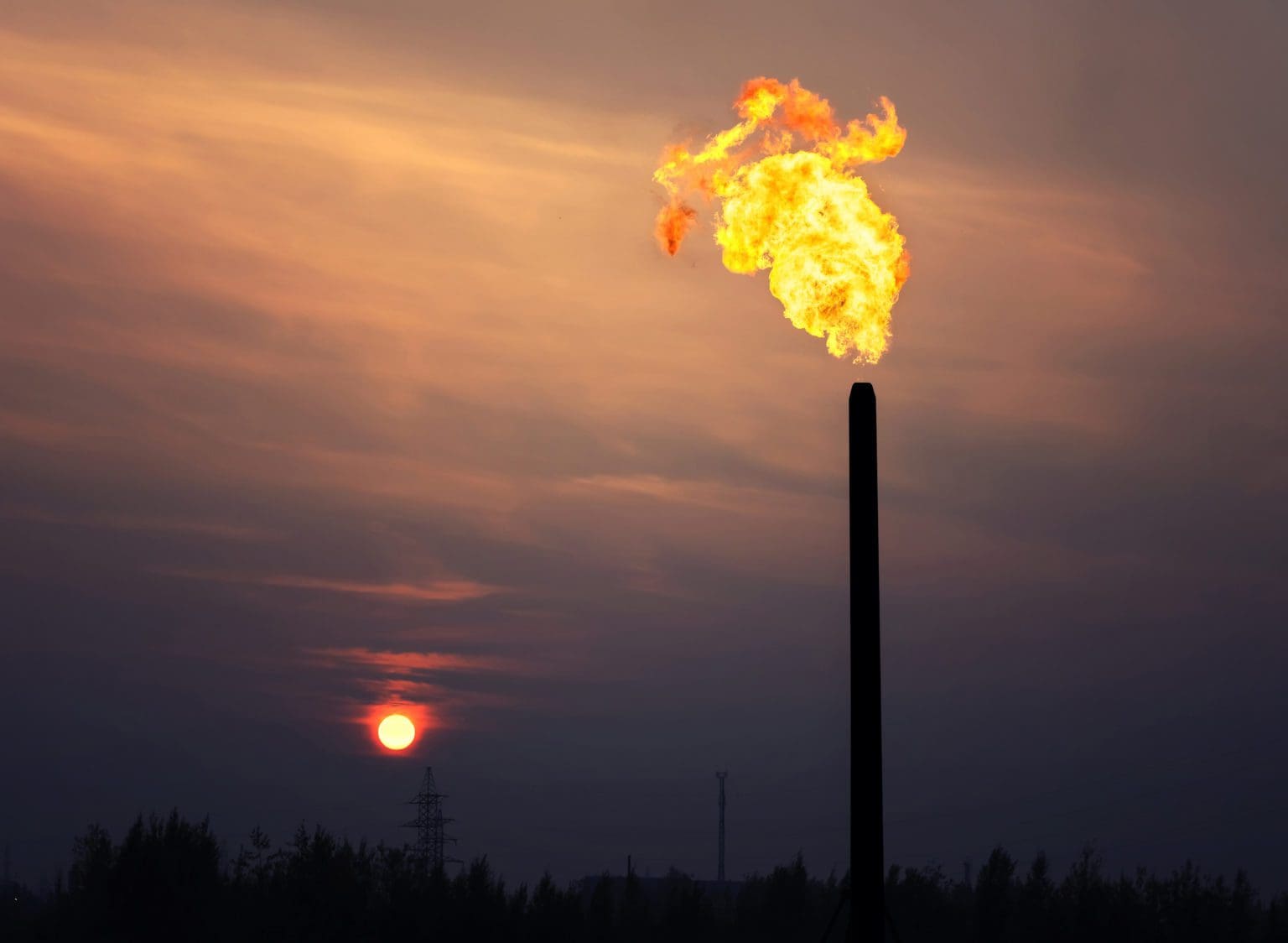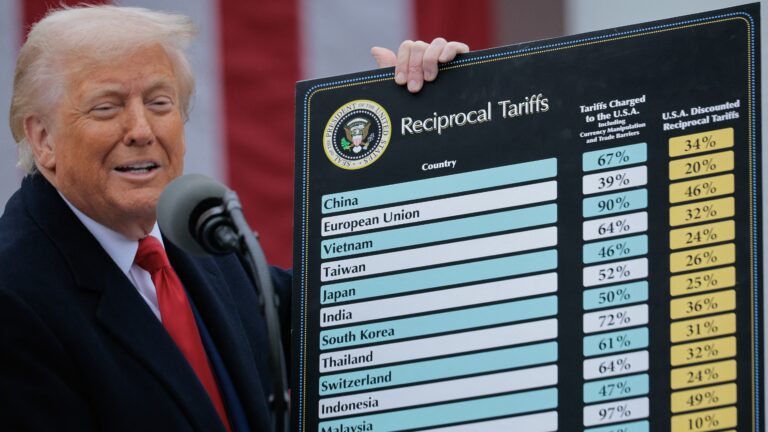Hungary’s oil and natural gas production increased again in the first half of 2025, the Energy Ministry and the Supervisory Authority for Regulated Activities announced in a joint statement. The authorities stressed that securing energy supplies for domestic consumers requires making the most of available resources within the country’s borders, while reducing dependence on imports.
By the end of June, both crude oil and natural gas output surpassed last year’s levels. Oil production saw the more significant jump, rising by around 18 per cent compared with the first six months of 2024. Output climbed from 504,000 tons to more than 593,000 tons. Natural gas extraction also edged upward, reaching 977 million cubic metres compared with 956 million in the same period a year earlier.
This upward momentum reflects a broader trend. In 2024, Hungary’s oil production exceeded one million tons for the first time in two decades. Based on current progress, 2025 could become the strongest year for domestic oil output this century. Last year’s gas production, totalling about 1.9 billion cubic metres, covered more than one-fifth of national consumption and nearly two-thirds of household demand.
The ministry recalled that after a five-year pause, it reintroduced mining concessions last autumn to tap into untapped domestic reserves. Successful tenders will now allow exploration at six sites, with contracts already signed for Buzsák, Csongrád, Hatvan, Kiskőrös, Kiskunhalas, and Tamási.
Parliamentary State Secretary Gábor Czepek emphasized that strengthening energy independence means producing as much as possible from domestic resources with local tools. He noted that Hungary continues to expand green energy capacity alongside energy storage, while also maintaining the role of nuclear power and constructing modern gas-fired plants to meet rising electricity demand. He argued that Europe is increasingly recognizing Hungary’s long-held position: without conventional energy carriers, neither energy sovereignty nor a green transition can be achieved.
Nagy László, head of the Supervisory Authority, underlined his agency’s commitment to boosting hydrocarbon production. He said the authority is actively involved in preparing future concession tenders and is assessing the sensitivity and capacity of additional areas to enable new rounds. Each successful concession, he added, creates further opportunities to increase domestic output.
Related articles:







